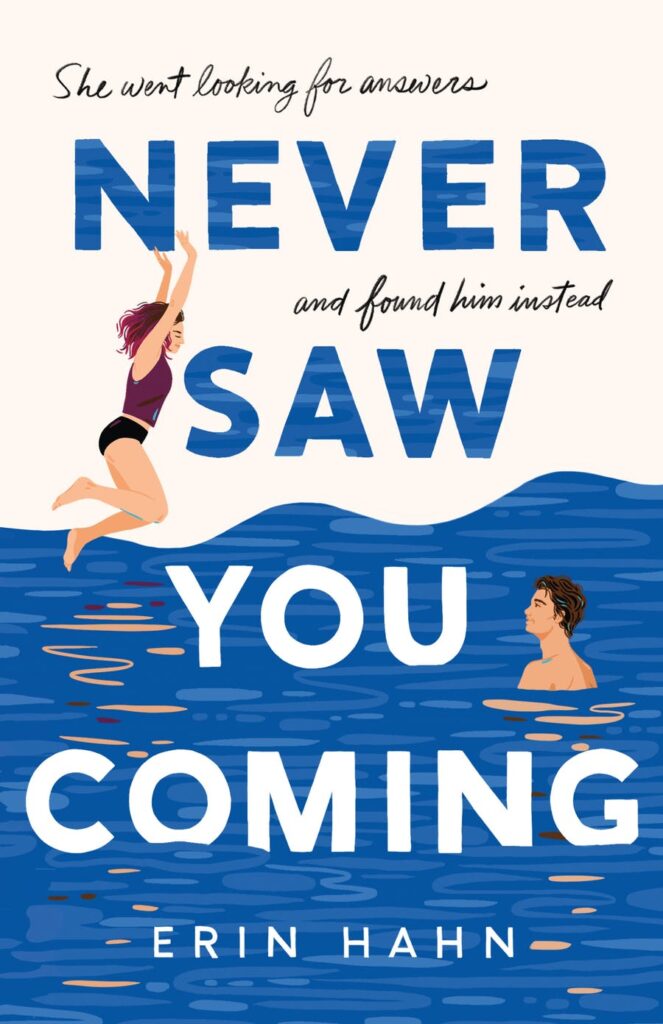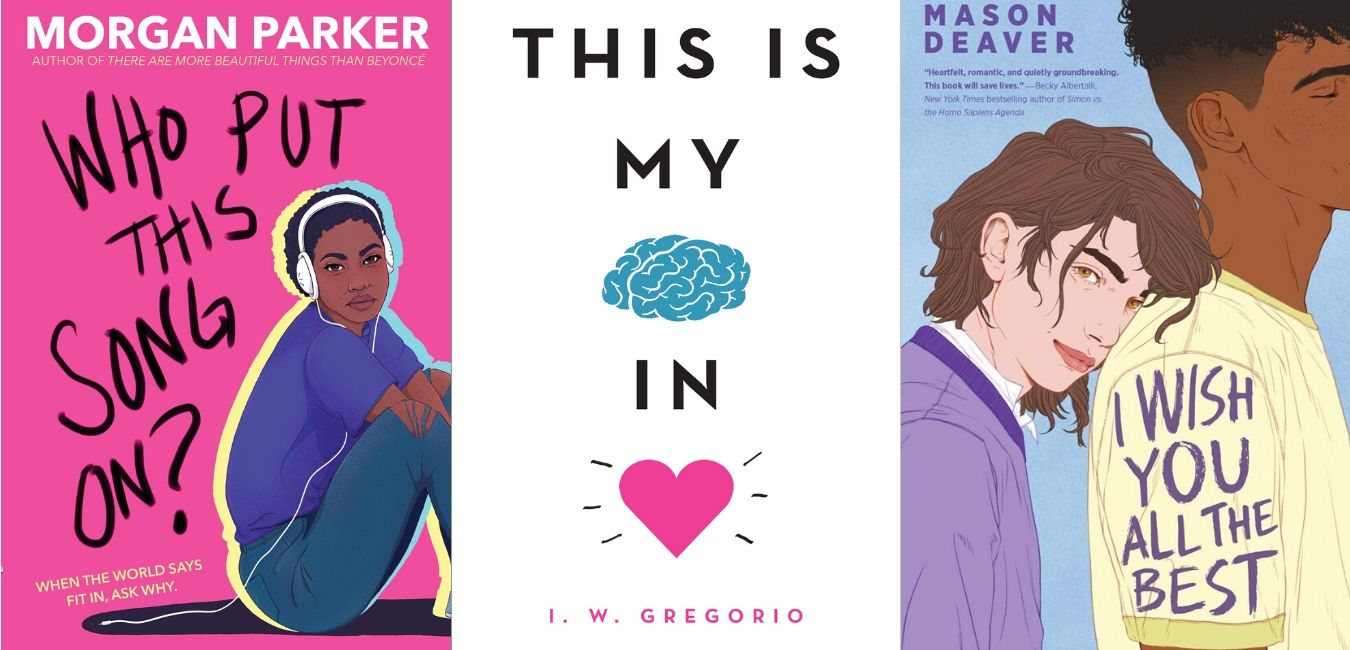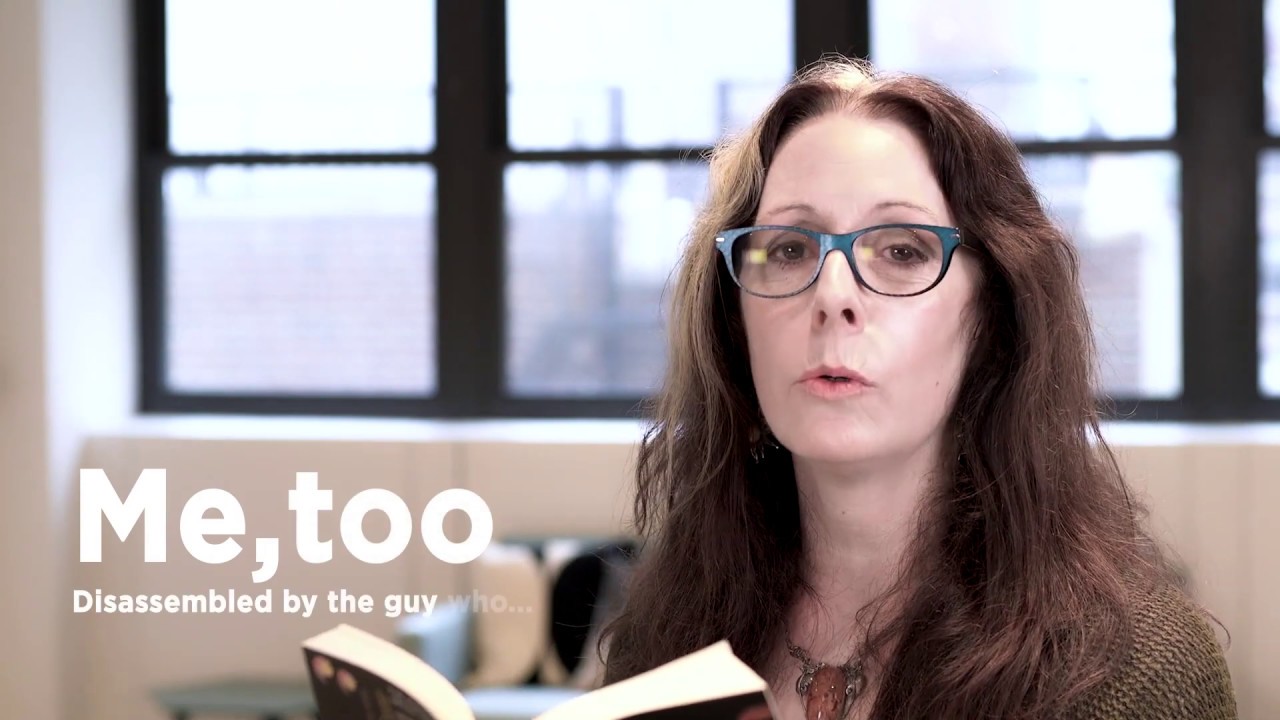Just As You Are: Church Kids and Purity Culture in Never Saw You Coming by Erin Hahn
This is really the dedication to a 2021 young adult book published by a big 5 publisher. It sets the tone for the whole book. IYKYK, as the kids say.

I was a church kid my entire childhood and well into adulthood, really. I was such a church kid. And I wasn’t ready for Erin Hahn’s Never Saw You Coming when I was a teen, but I’m ready for it now, and it has knocked me for a loop.
ADVERTISEMENT
ADVERTISEMENT
18 year old Meg Hennessy just found out that her life was built on lies: her dad is NOT her dad, and she has family she’s never met. So instead of taking her gap year at an all-female Christian dude ranch out West, she ends up traveling north to meet the family that she never knew existed. There she collides with Micah Allen, a former pastor’s kid. By former, I mean his dad’s in prison, and Micah’s been dealing with that fallout for years. His dad is coming up for probation and Micah is feeling the pressure from his family and some friends to forgive his dad for his crimes–and he doesn’t know if he’ll ever be ready for that.
This book has some really good family content. Not only with Micah and his dad, but also with his mom and stepdad and his siblings. Meg is forging new relationships with her new-found uncle and great-grandmother, but also tentatively restarting her relationship with the parents who raised her. I really liked all of it, and it’s done well, especially the tension between Micah and what he feels like he should be doing for the adults in his life.
Obviously, Meg and Micah fall in love. The romance is well-paced and fun, and it’s quite swoony. (Meg even gets an on-page orgasm, which in the context and environment of this book is revolutionary. Bravo, Erin Hahn.)
The romance is great, but the commentary is where this book shines.
Meg and Micah have grown up in this evangelical environment and they’re both working out what their faith means to them in the context of their own brokenness. Meg’s parents have lied to her for her entire life, and her mom has also been pretty evangelically traditional about stuff like purity culture and modesty (hello, used-up-Oreo purity demonstration). Micah’s dad conned his church and used his power to do some pretty shady stuff to his congregation. They both have serious baggage. Micah doesn’t want to go anywhere near a church and Meg’s relationship with the church and her faith, something that has always given her strength and comfort, has become more confusing.
Over the course of the book, Meg begins to think more expansively, reflecting on how “sinners” aren’t allowed to volunteer or be front and center in church, especially if an incident has happened that calls their virtue into question and has been reported to the church. Even though churches say “come as you are” or “sinners welcome.” She’s never had reason to be aware of it because she’s always been a “good girl,” but now she’s aware of it and she’s conflicted. (Especially since she’s been kissing Micah and doesn’t know how to feel about it.) She is also starting to be more affirming of people in the LGBTQIA+ community, even though many of those evangelical spaces would have told her not to be: she worries that she’s upset queer friends and family by “spouting off untested rhetoric from Sunday School.”
And when her “purity” is (inevitably?) called into question in a humiliating fashion by a churchy busybody and an authority figure, she wilts, just like she has been trained to do by the church.
ADVERTISEMENT
ADVERTISEMENT
Honestly, a lot of us that grew up in those evangelical spaces have baggage whether or not our moms are legalistic liars or our dads are sleazy shitbags. Purity culture is saturated into those environments. You can’t avoid it. We were all told that our bodies were something to be feared (not the gifts that they are), and that our crushes were something to be guarded against (not something fun and flirty and possibly completely innocuous). Those of us unlucky enough to be girls in these spaces were told that it was our responsibility to keep the boys around us from sinning and that it was our bodies that were the problem. Meg is falling for Micah in the context of her upbringing, which brings hiccups. Especially hiccups about sex and dating.
You can read the book to see how everything plays out. But Hahn really gets it. She seems to know what it’s like to be a church girl and to be in that position and to see that “the only time churches are worried about modesty and purity is when it comes to their teenage girls” (whew, if that one didn’t knock me on my ass!).
Ok, so maybe this isn’t a book for every single teen. And I get that. The kids we serve are a diverse group, and there are going to be teens who look at a book about Christian evangelical church culture and just be baffled. But there are teens that this book is for, and it’s going to smack them between the eyes. It’s going to open up a whole new world for them.
I wasn’t ready for this book at age 18. I wasn’t ready for this book in my twenties, honestly. But now I’m your friendly neighborhood progressive Christian librarian, and I’m thankful for this book, and I’m going to give it to the teens who are ready for it.
More information about Never Saw You Coming.
Find Ally on twitter at @aswatki1.
Filed under: #FSYALit
About Ally Watkins
Ally Watkins is a Youth Services Librarian in Mississippi. She has worked in public libraries for over 8 years and previously served as library consultant for the State Library of Mississippi.
ADVERTISEMENT
ADVERTISEMENT
SLJ Blog Network
One Star Review, Guess Who? (#202)
This Q&A is Going Exactly As Planned: A Talk with Tao Nyeu About Her Latest Book
Exclusive: Giant Magical Otters Invade New Hex Vet Graphic Novel | News
Parsing Religion in Public Schools
ADVERTISEMENT







